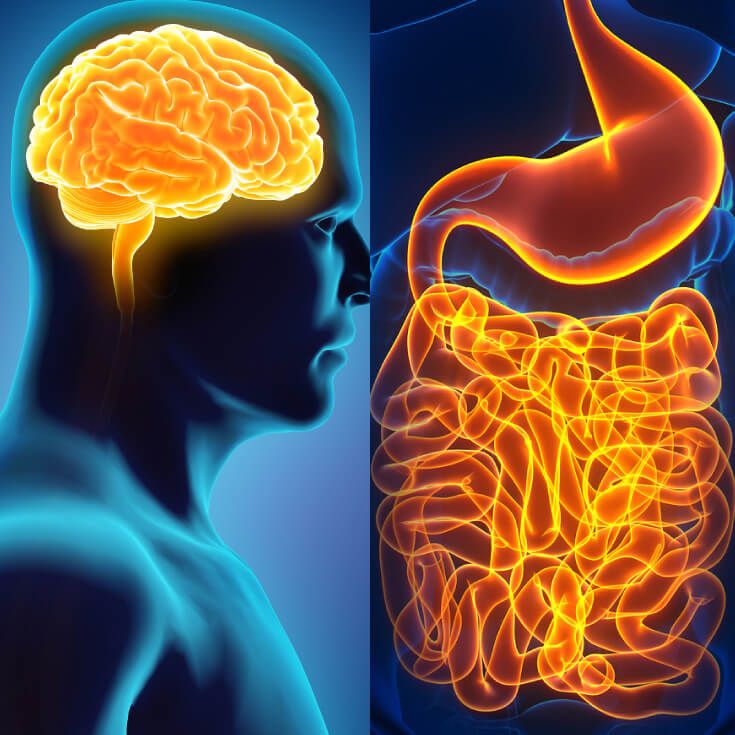On June 22nd, Bioscience research company Nova Mentis was acquired by Liberty Leaf Holdings and on June 25th, the company officially changed its name to Nova Mentis. The company is focused on psilocybin research and its stock is now trading as $NOVA on the CSE.
Nova Mentis is leading research in a new treatment paradigm for psilocybin, not only by assessing its effects on the mental health of patients with depression, but also the physical anti-inflammatory response of the molecule on these individuals with comorbid obesity or diabetes.
Nova is led by Dr. Aylia Mohammadi (BSc, MSc, PhD), an entrepreneur and scientist with backgrounds in biology, physics and health. She is the first female CEO in the new, rapidly-growing, psychedelic drug sector. If you google her name, you will most likely be directed to Mohammadi’s most recent Ted Talk addressing the connection between food, grief and empathy. Dr. Mohammadi is taking her extensive knowledge of the gut-brain connection, and testing the effects of psilocybin to try to solve two of the world’s biggest medical problems, diabetes and obesity in relation to depression.
In 2018, The FDA granted psilocybin breakthrough status, after data proved the molecule’s potential treatment of depression. For those who missed the marijuana boom, psychedelic drugs look to be on a similar early-stage path with the FDA possibly rescheduling psilocybin and other compounds in the coming years. The same way that the discovery of CBD treatments for epilepsy, anxiety, pain, dystonia, Parkinson disease, and Crohn disease revolutionized the perception and legal status of Marijuana in society, psilocybin research is currently revolutionizing the perception of “magic mushrooms,” through treatment of depression. The cause and effect of depression coupled specifically with sufferers of metabolic disorders is unclear but Dr. Mohammadi intends to change that with her research. If the data from clinical trials set to be published within the next two years is successful, there could finally be a clear path to decriminalization, and possibly even legalization of psilocybin.
Nova’s potential target audience is massive, as 1/5th of people in the United States have, or have experienced, mental health problems, and 43% of people suffering from depression are categorized as obese. The overall size of the diabetes market in the US in 2019 was $43 billion, with a growth rate of between 3-4% per year. Depending on how yearly obesity-related costs are calculated, the market size in the US was between $150-200 billion in 2019, with a growth rate of almost 7%. Over $200 billion of direct costs in the US were applied to mental health issues, with the lion’s share being applied to depression. Many of these numbers overlap as comorbidities, but the opportunity is clear, if psilocybin can prove to be effective in helping or even curing these disorders. More testing and data is needed to put a number on the overall potential for the drug, but early results for psilocybin treatments, and anecdotal evidence suggest the compound’s reach could be extensive, both for use in “guided trips” with a therapist, and also for microdosing.
Nova Mentis will be conducting two simultaneous research studies on how psilocybin interacts with receptors and bacteria in the gut, and studying its potent anti-inflammatory response in the body. They will aim to understand how psilocybin modulates the gut-brain axis and effects on metabolic and mental health. Dr. Mohammadi also will explore subjects of chronic low-grade inflammation, or systemic inflammation, investigating alterations in the microbiome and intestinal barrier function. There are direct and indirect pathways of communication between the gut and the brain. The Vagus nerve, for example, connects the gut to the brain, working in both directions, sending messages, and receiving them. Nova Mentis aims to understand the therapeutic potential of activating these and other receptors with psilocybin in the “second brain” that lives in the gut, the enteric nervous system.
Within the coming years, in the event that psilocybin is reclassified from Schedule 1 to perhaps Schedule 3 or 4, or even one day legalized, the early movers in the space should reap the benefits. Psychedelic stocks look to be the next wave, with over $320 million of funding raised in 2019 and 2020 to date.
NOVA last traded at 0.29 cents on the Canadian Stock Exchange trading under TICKER: NOVA and also trades in the USA under trading symbol LIBFD.
To learn more, please subscribe to our free newsletter for constant updates at www.mushroomstockindex.com.
